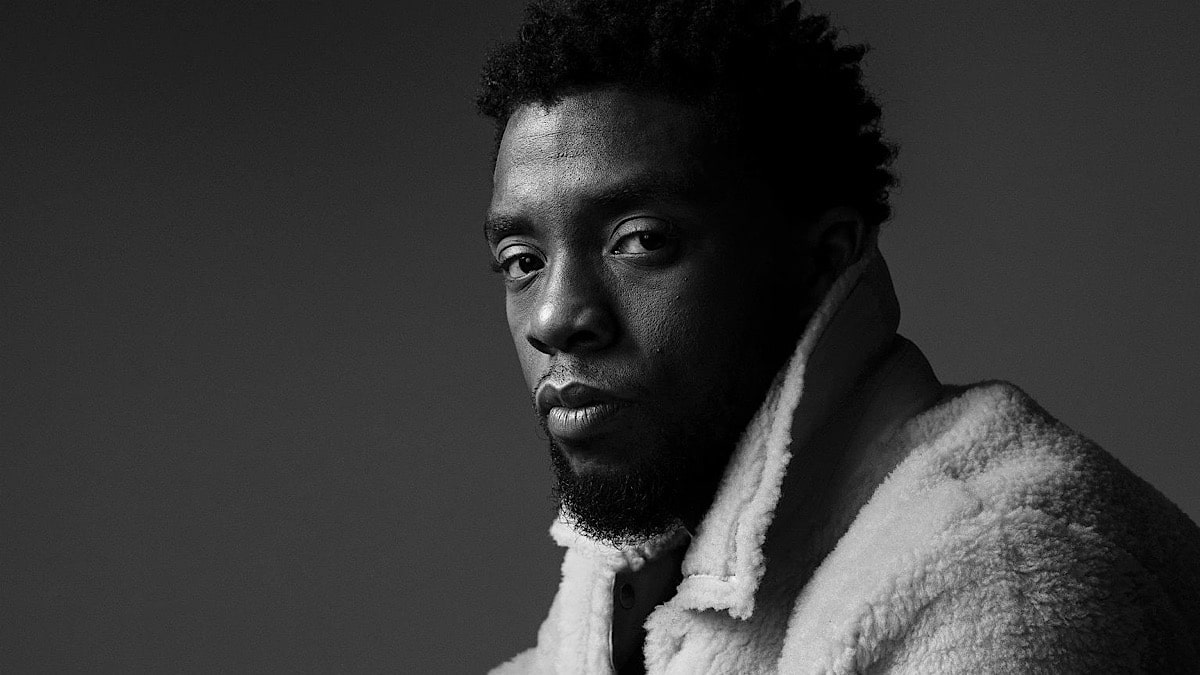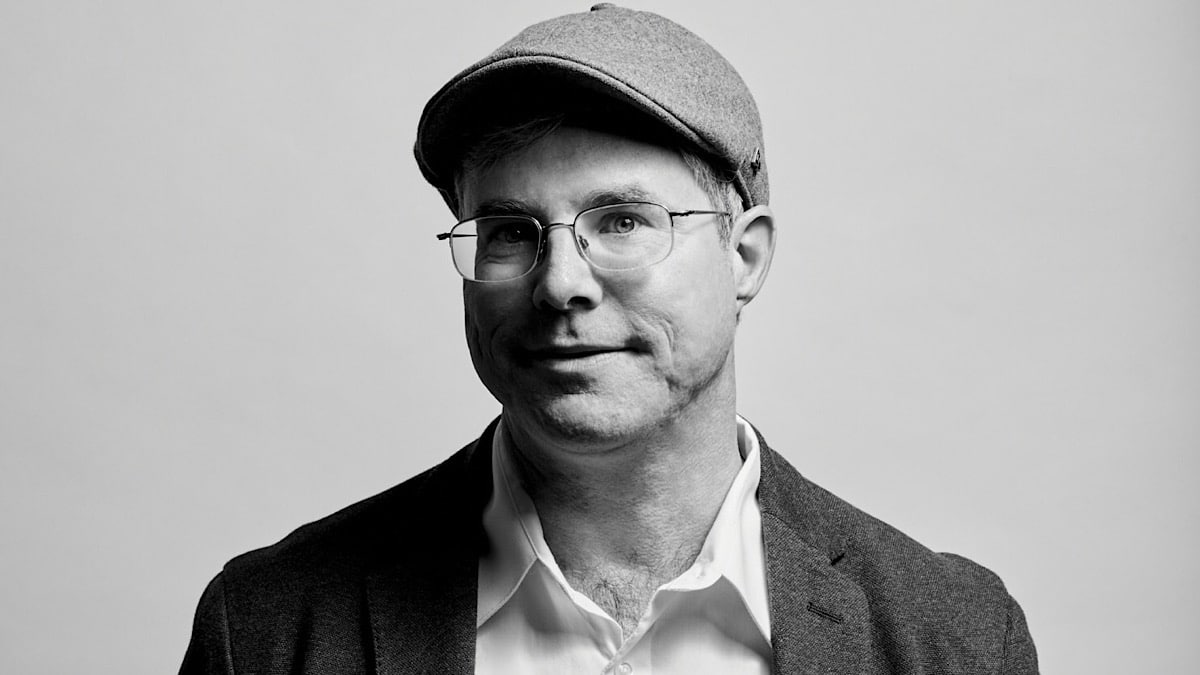Excerpt: Morrie Schwartz was dying—and yet had so much left to give. Read our favorite Morrie quotes from Tuesdays With Morrie—the timeless classic.
Click Here to jump right to our list of Quotes from Tuesdays With Morrie!
Introduction: The Sacred Responsibility Of Storytelling
“Know someone as much as you can. Hold onto the moments that define them. Then when their body leaves, they won’t.”
Iain Thomas, via MoveMe Quotes
For a story to be told, there needs to be a storyteller. Even the most fantastical, awe-inspiring stories get forgotten when nobody remembers to tell it. Each of us holds a sacred responsibility to the other: to be the storytellers of each other’s lives. Or, said differently, we are the bearers of each other’s legacies.
We choose every day what stories to read, what stories to listen to, what stories to seek out, and what stories to share. The books that we read and don’t read; the conversations that we have and don’t have; and the sides of our own story that we share and don’t share—all make up the interconnected webbing of stories that thread their way through our minds and the minds of those around us.
When somebody passes away—when their body leaves—what’s left behind isn’t their story, it’s what’s remembered of their story. If nothing was ever shared of a person’s story, how can there be a story to tell? The knowledge of the story needs to be passed from one person to the other in order for that to happen.
Many people think their story is comprised of accomplishments, accolades, milestones, and status markers. But those elements rarely make for a good story. What makes for a good story is emotion—what that person was like while they were accomplishing; how they treated those around them in spite of the accolades; how they prioritized their time while they hit milestones; and what made that person authentically them regardless of any status markers.
We care about emotion because emotion is what makes us human. Emotion is what says, “Oh, you’ve felt that way too?” “I understand what you’re going through because I’ve been there.” “This is what being human has been like for me—maybe it can help you figure this human thing out, too.”
NEW In The Shop: Don’t Let The Tame Ones Tell You How To Live [Poster]
Why We ♥ It: Some of the best advice I (Matt here) ever got was: don’t take life advice from people who aren’t living a life you want to live and don’t take criticism from people you wouldn’t go to for advice. I created this poster to act as a reminder to listen more closely to our role models and less closely to our critics, trolls, and tamed-comfort-zone-hugger acquaintances. It’s also a perfect gift for the outdoor adventurer, travel enthusiast, or solo explorer (or soon to be). Available in print or digital download. 👇🏼
...Want to advertise your book, product, or service? Send inquiries to matt@movemequotes.com.
Stories are like emotional roadmaps given from one person to another. Some are incredibly helpful. Some are irrelevant. Some are life changing. And some are forgotten. But, one thing is for sure—we’ll never know a story’s impact if we never hear it. And we’ll never know our story’s impact if we never share it.
Know someone as much as you can—read their books; listen to their stories; seek out conversations with them; ask interesting questions; and soak in all that they’re trying to share. Hold onto the moments that define them. And maybe they’ll do the same for you. This way, when their body leaves—they won’t. And when your body leaves—you won’t either.
Mitch Albom took on the sacred responsibility of bearing the legacy of Morrie Schwartz. But, that wasn’t the intent at the outset.
Morrie Schwartz was Mitch’s college professor. When he found out his beloved professor was dying, he committed himself to visiting with Morrie in his study every Tuesday—just as they used to back in college. It was only after the first few visits that the sacred responsibility of sharing Morrie’s legacy became a sort of “final assignment” for Mitch—an assignment of his own undertaking.
What resulted from Mitch’s careful attention and loving efforts during Morrie’s final weeks on earth was the retelling of a potent experience—filled with timeless lessons and deep insights—that has since resonated with countless people from all around the world. What Mitch Albom captured in Tuesdays With Morrie was the legacy of a dying man who was filled with love the size of life itself.
And what follows are some of my favorite quotes from Mitch’s recount of Morrie’s legacy. A quick glance in through the window of a man who didn’t die from illness—but of a man who, in his last few weeks, gave us a syllabus for how to truly live.
The List: 28 Timeless Morrie Schwartz Quotes from Tuesdays With Morrie
“It’s horrible to watch my body slowly wilt away to nothing. But it’s also wonderful because of all the time I get to say good-bye. Not everyone is so lucky.”
Morrie Schwartz, via Tuesdays With Morrie (Page 57)
“I give myself a good cry if I need it. But then I concentrate on all the good things still in my life. On the people who are coming to see me. On the stories I’m going to hear. On you—if it’s Tuesday. Because we’re Tuesday people.”
Morrie Schwartz, via Tuesdays With Morrie (Page 57)
“Now that I’m suffering, I feel closer to people who suffer than I ever did before. The other night, on TV, I saw people in Bosnia running across the street, getting fired upon, killed, innocent victims… and I just started to cry. I feel their anguish as if it were my own. I don’t know any of these people. But—how can I put this?—I’m almost… drawn to them.”
Morrie Schwartz, via Tuesdays With Morrie (Page 50)
“So many people walk around with a meaningless life. They seem half-asleep, even when they’re busy doing things they think are important. This is because they’re chasing the wrong things. The way you get meaning into your life is to devote yourself to loving others, devote yourself to your community around you, and devote yourself to creating something that gives you purpose and meaning.”
Morrie Schwartz, via Tuesdays With Morrie (Page 43)
“Part of the problem, Mitch, is that everyone is in such a hurry. People haven’t found meaning in their lives, so they’re running all the time looking for it. They think the next car, the next house, the next job. Then they find those things are empty, too, and they keep running.”
Morrie Schwartz, via Tuesdays With Morrie (Page 136)
“We’ve got a form of brainwashing going on in our country. Do you know how they brainwash people? They repeat something over and over. And that’s what we do in this country. Owning things is good. More money is good. More property is good. More commercialism is good. More is good. More is good. We repeat it—and have it repeated to us—over and over until nobody bothers to even think otherwise. The average person is so fogged up by all this, he has no perspective on what’s really important anymore.”
Morrie Schwartz, via Tuesdays With Morrie (Page 124)
“The culture we have does not make people feel good about themselves. And you have to be strong enough to say if the culture doesn’t work, don’t buy it.”
Morrie Schwartz, via Tuesdays With Morrie (Page 42)
“It’s what everyone worries about isn’t it? What if today were my last day on earth? …The culture doesn’t encourage you to think about such things until you’re about to die. We’re so wrapped up with egotistical things, career, family, having enough money, meeting the mortgage, getting a new car, fixing the radiator when it breaks—we’re involved in trillions of little acts just to keep going. So we don’t get into the habit of standing back and looking at our lives and saying, is this all? Is this all I want? Is something missing?”
Morrie Schwartz, via Tuesdays With Morrie (Page 64)
“You can’t substitute material things for love or for gentleness or for tenderness or for a sense of comradeship. Money is not a substitute for tenderness, and power is not a substitute for tenderness. I can tell you, as I’m sitting here dying, when you most need it, neither money nor power will give you the feeling you’re looking for, no matter how much of them you have.”
Morrie Schwartz, via Tuesdays With Morrie (Page 125)
“You know what really gives you satisfaction? Offering others what you have to give. I don’t mean money, Mitch. I mean your time. Your concern. Your storytelling. It’s not so hard.”
Morrie Schwartz, via Tuesdays With Morrie (Page 126)
“The most important thing in life is to learn how to give out love, and to let it come in. Let it come in. We think we don’t deserve love, we think if we let it in we’ll become too soft. But a wise man named Levine said it right. He said, ‘Love is the only rational act.’”
Morrie Schwartz, via Tuesdays With Morrie (Page 52)
“The fact is, there is no foundation, no secure ground, upon which people may stand today if it isn’t the family. It’s become quite clear to me as I’ve been sick. If you don’t have the support and love and caring and concern that you get from a family, you don’t have much at all. Love is so supremely important. As our great poet Auden said, ‘Love each other or perish.’”
Morrie Schwartz, via Tuesdays With Morrie (Page 91)
“There are a few rules I know to be true about love and marriage: If you don’t respect the other person, you’re gonna have a lot of trouble. If you don’t know how to compromise, you’re gonna have a lot of trouble. If you can’t talk openly about what goes on between you, you’re gonna have a lot of trouble. And if you don’t have a common set of values in life, you’re gonna have a lot of trouble. Your values must be alike.”
Morrie Schwartz, via Tuesdays With Morrie (Page 136)
“In business, people negotiate to win. They negotiate to get what they want. Maybe you’re too used to that. Love is different. Love is when you are as concerned about someone else’s situation as you are about your own.”
Morrie Schwartz, via Tuesdays With Morrie (Page 178)
“By throwing yourself into emotions, by allowing yourself to dive in, all the way, over your head even, you experience them fully and completely. You know what pain is. You know what love is. You know what grief is. And only then can you say, ‘All right. I have experienced that emotion. I recognize that emotion. Now I need to detach from that emotion for a moment.’”
Morrie Schwartz, via Tuesdays With Morrie (Page 104)
“Detachment doesn’t mean you don’t let the experience penetrate you. On the contrary, you let it penetrate you fully. That’s how you are able to leave it. Take any emotion—love for a women, or grief for a loved one, or what I’m going through, fear and pain from a deadly illness. If you hold back on emotions—if you don’t allow yourself to go all the way through them—you can never get to being detached, you’re too busy being afraid. You’re afraid of the pain, you’re afraid of the grief. You’re afraid of the vulnerability that loving entails.”
Morrie Schwartz, via Tuesdays With Morrie (Page 104)
“Do the kinds of things that come from the heart. When you do, you won’t be dissatisfied, you won’t be envious, you won’t be longing for somebody else’s things. On the contrary, you’ll be overwhelmed with what comes back.”
Morrie Schwartz, via Tuesdays With Morrie (Page 128)
“If you’re trying to show off for people at the top, forget it. They will look down at you anyhow. And if you’re trying to show off for people at the bottom, forget it. They will only envy you. Status will get you nowhere. Only an open heart will allow you to float equally between everyone.”
Morrie Schwartz, via Tuesdays With Morrie (Page 127)
“Look, no matter where you live, the biggest defect we human beings have is our shortsightedness. We don’t see what we could be. We should be looking at our potential, stretching ourselves into everything we can become. But if you’re surrounded by people who say ‘I want mine now,’ you end up with a few people with everything and a military to keep the poor ones from rising up and stealing it.”
Morrie Schwartz, via Tuesdays With Morrie (Page 156)
“The problem, Mitch, is that we don’t believe we are as much alike as we are. Whites and blacks, Catholics and Protestants, men and women. If we saw each other as more alike, we might be very eager to join in one big human family in this world, and to care about that family the way we care about our own. But, believe me, when you are dying, you see it is true. We all have the same beginning—birth—and we all have the same end—death. So how different can we be? Invest in the human family. Invest in people. Build a little community of those you love and who love you.”
Morrie Schwartz, via Tuesdays With Morrie (Page 157)
“Mitch, it is impossible for the old not to envy the young. But the issue is to accept who you are and revel in that. This is your time to be in your thirties. I had my time to be in my thirties, and now is my time to be seventy-eight. You have to find what’s good and true and beautiful in your life as it is now. Looking back makes you competitive. And, age is not a competitive issue.”
Morrie Schwartz, via Tuesdays With Morrie (Page 120)
“Listen. You should know something. All younger people should know something. If you’re always battling against getting older, you’re always going to be unhappy, because it will happen anyhow.”
Morrie Schwartz, via Tuesdays With Morrie (Page 118)
“Everyone knows they’re going to die, but nobody believes it. If we did, we would do thing differently. To know you’re going to die, and to be prepared for it at any time. That’s better. That way you can actually be more involved in your life while you’re living.”
Morrie Schwartz, via Tuesdays With Morrie (Page 81)
“As you grow, you learn more. If you stayed at twenty-two, you’d always be as ignorant as you were at twenty-two. Aging is not just decay, you know. It’s growth. It’s more than the negative that you’re going to die, it’s also the positive that you understand you’re going to die, and that you live a better life because of it.”
Morrie Schwartz, via Tuesdays With Morrie (Page 118)
“As long as we can love each other, and remember the feeling of love we had, we can die without ever really going away. All the love you created is still there. All the memories are still there. You live on—in the hearts of everyone you have touched and nurtured while you were here.”
Morrie Schwartz, via Tuesdays With Morrie (Page 174)
“Death ends a life, not a relationship.”
Morrie Schwartz, via Tuesdays With Morrie (Page 174)
“‘That’s what we’re all looking for. A certain peace with the idea of dying. If we know, in the end, that we can ultimately have that peace with dying, then we can finally do the really hard thing.’ Which is? ‘Make peace with living.’“
Morrie Schwartz, via Tuesdays With Morrie (Page 173)
“Once you learn how to die, you learn how to live.”
Morrie Schwartz, via Tuesdays With Morrie (Page 82)
Bonus: 3 Mitch Albom Quotes from Tuesdays With Morrie
“He was intent on proving that the word ‘dying’ was not synonymous with ‘useless.’”
Mitch Albom, Tuesdays With Morrie (Page 12)
“He had refused fancy clothes or makeup for this interview. His philosophy was that death should not be embarrassing; he was not about to powder its nose.”
Mitch Albom, Tuesdays With Morrie (Page 21)
“If aging were so valuable, why do people always say, ‘Oh, if I were young again.’ You never hear people say, ‘I wish I were sixty-five.’ [Morrie] smiled. ‘You know what that reflects? Unsatisfied lives. Unfulfilled lives. Lives that haven’t found meaning. Because if you’ve found meaning in your life, you don’t want to go back. You want to go forward. You want to see more, do more. You can’t wait until sixty-five.”
Mitch Albom, via Tuesdays With Morrie (Page 118)
If you enjoyed these quotes from Tuesdays With Morrie, then you should read Mitch Albom’s book in full. It comes highly recommended:
Book Overview: Maybe it was a grandparent, or a teacher, or a colleague. Someone older, patient and wise, who understood you when you were young and searching, helped you see the world as a more profound place, gave you sound advice to help you make your way through it.
For Mitch Albom, that person was Morrie Schwartz, his college professor from nearly twenty years ago.
Maybe, like Mitch, you lost track of this mentor as you made your way, and the insights faded, and the world seemed colder. Wouldn’t you like to see that person again, ask the bigger questions that still haunt you, receive wisdom for your busy life today the way you once did when you were younger?
Mitch Albom had that second chance. He rediscovered Morrie in the last months of the older man’s life. Knowing he was dying, Morrie visited with Mitch in his study every Tuesday, just as they used to back in college. Their rekindled relationship turned into one final “class”: lessons in how to live.
Buy from Amazon! Listen on Audible!
Great on Kindle. Great Experience. Great Value. The Kindle edition of this book comes highly recommended on Amazon.
Read Next:
NEW In The Shop: Don’t Let The Tame Ones Tell You How To Live [Poster]
Why We ♥ It: Some of the best advice I (Matt here) ever got was: don’t take life advice from people who aren’t living a life you want to live and don’t take criticism from people you wouldn’t go to for advice. I created this poster to act as a reminder to listen more closely to our role models and less closely to our critics, trolls, and tamed-comfort-zone-hugger acquaintances. It’s also a perfect gift for the outdoor adventurer, travel enthusiast, or solo explorer (or soon to be). Available in print or digital download. 👇🏼
...Want to advertise your book, product, or service? Send inquiries to matt@movemequotes.com.

Written by Matt Hogan
Founder of MoveMe Quotes. On a mission to help busy people do inner work—for better mental health; for healing; for personal growth. Find me on Twitter / IG / Medium. I also share daily insights here. 🌱
It has taken me 1,000’s of hours to build this free library for you. If it has helped you, you can support my continued effort here. ☕️
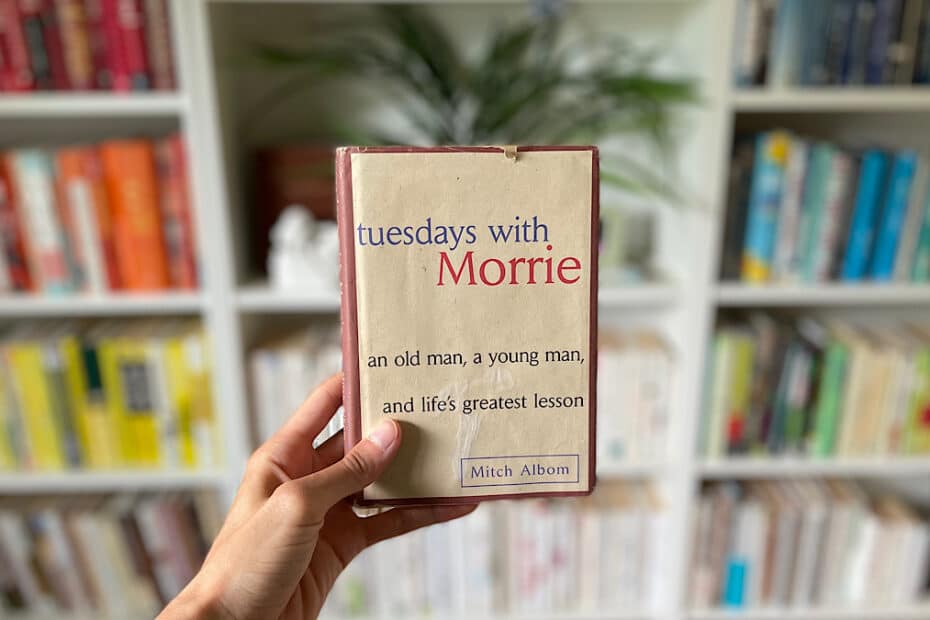

![Tuesdays With Morrie by Mitch Albom [Book]](https://movemequotes.com/wp-content/uploads/2022/04/Tuesdays.jpeg)
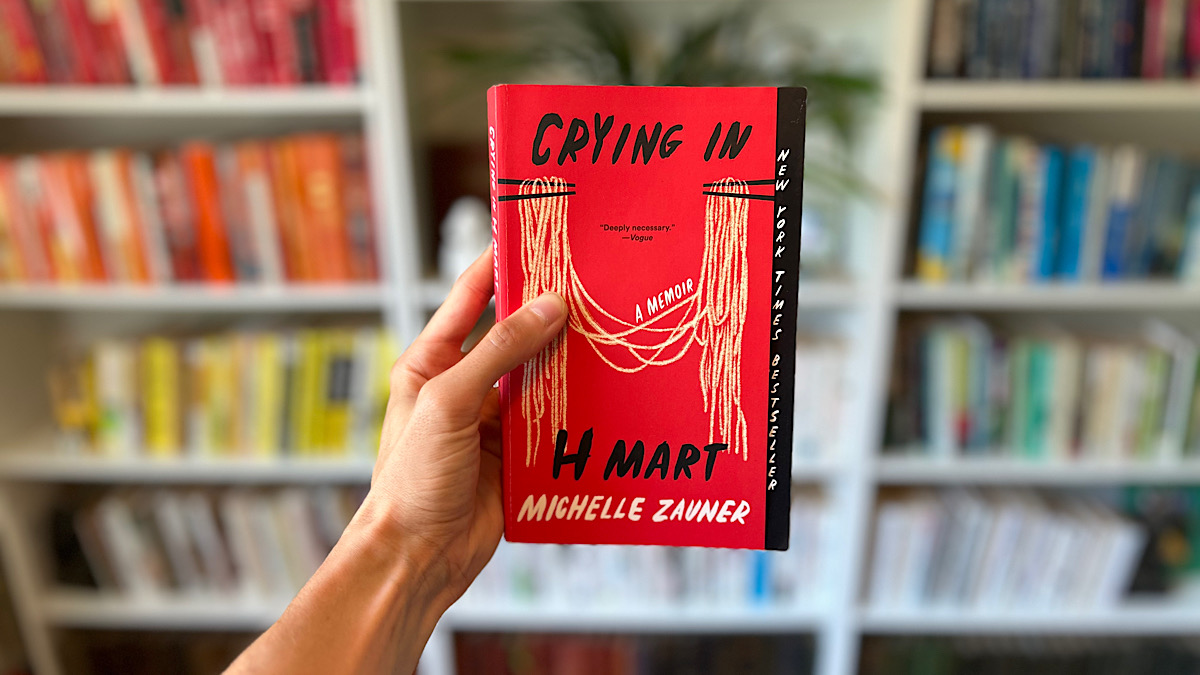
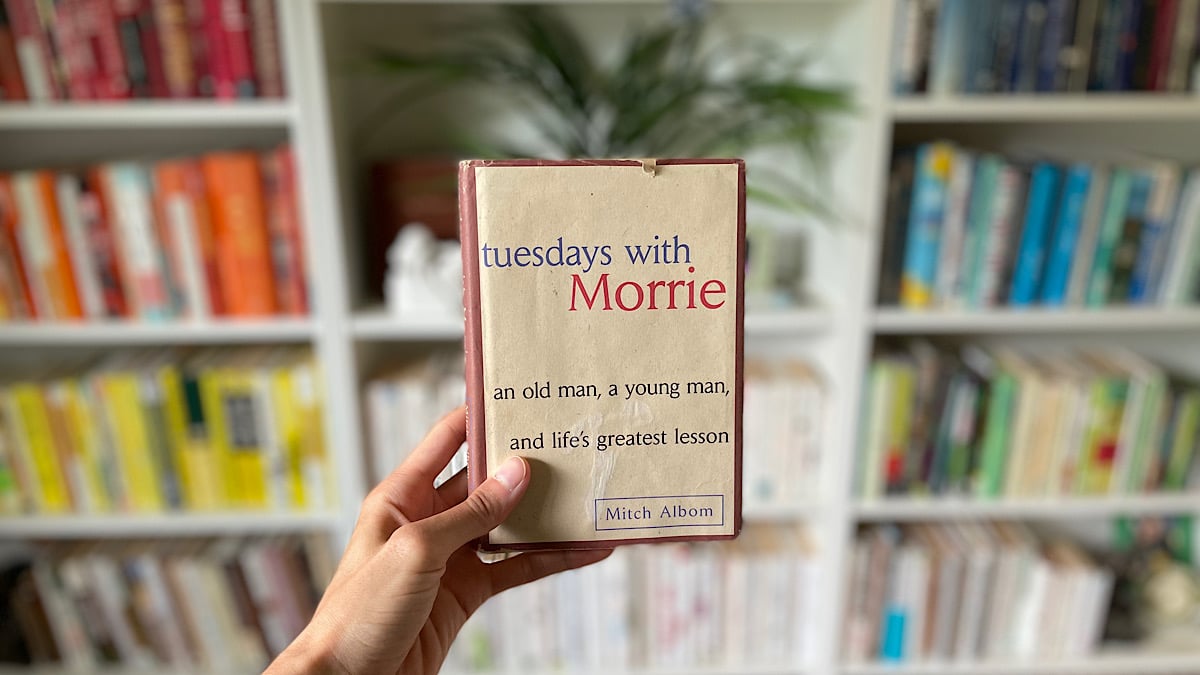
![A Short Story About The Feeling(s) of Life That Come From Near Death Experiences [Excerpt]](https://movemequotes.com/wp-content/uploads/2020/10/IMG_7963.jpg)
